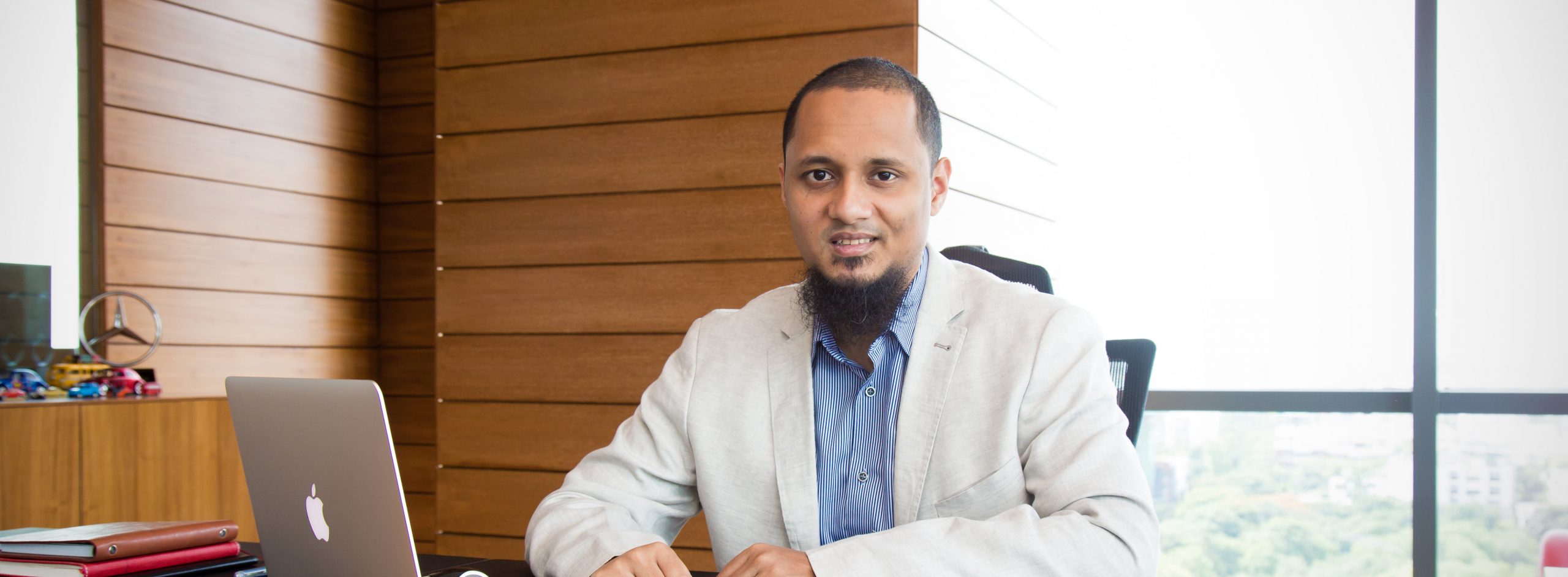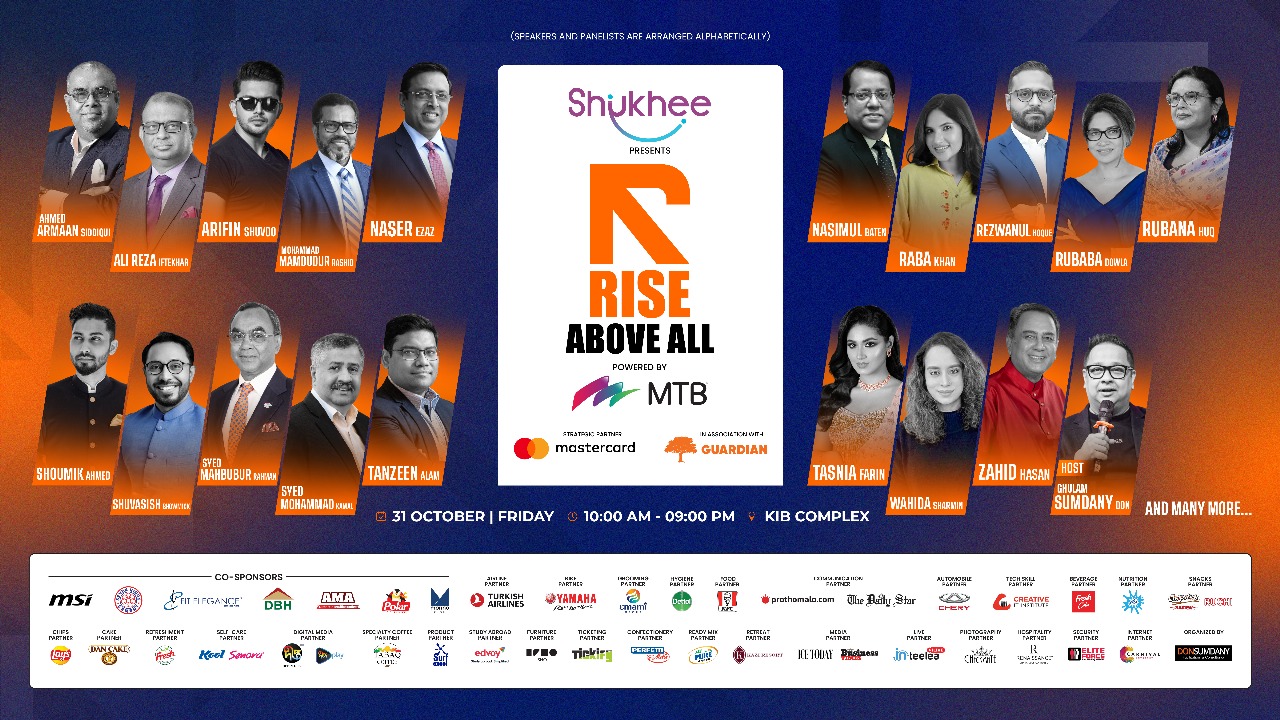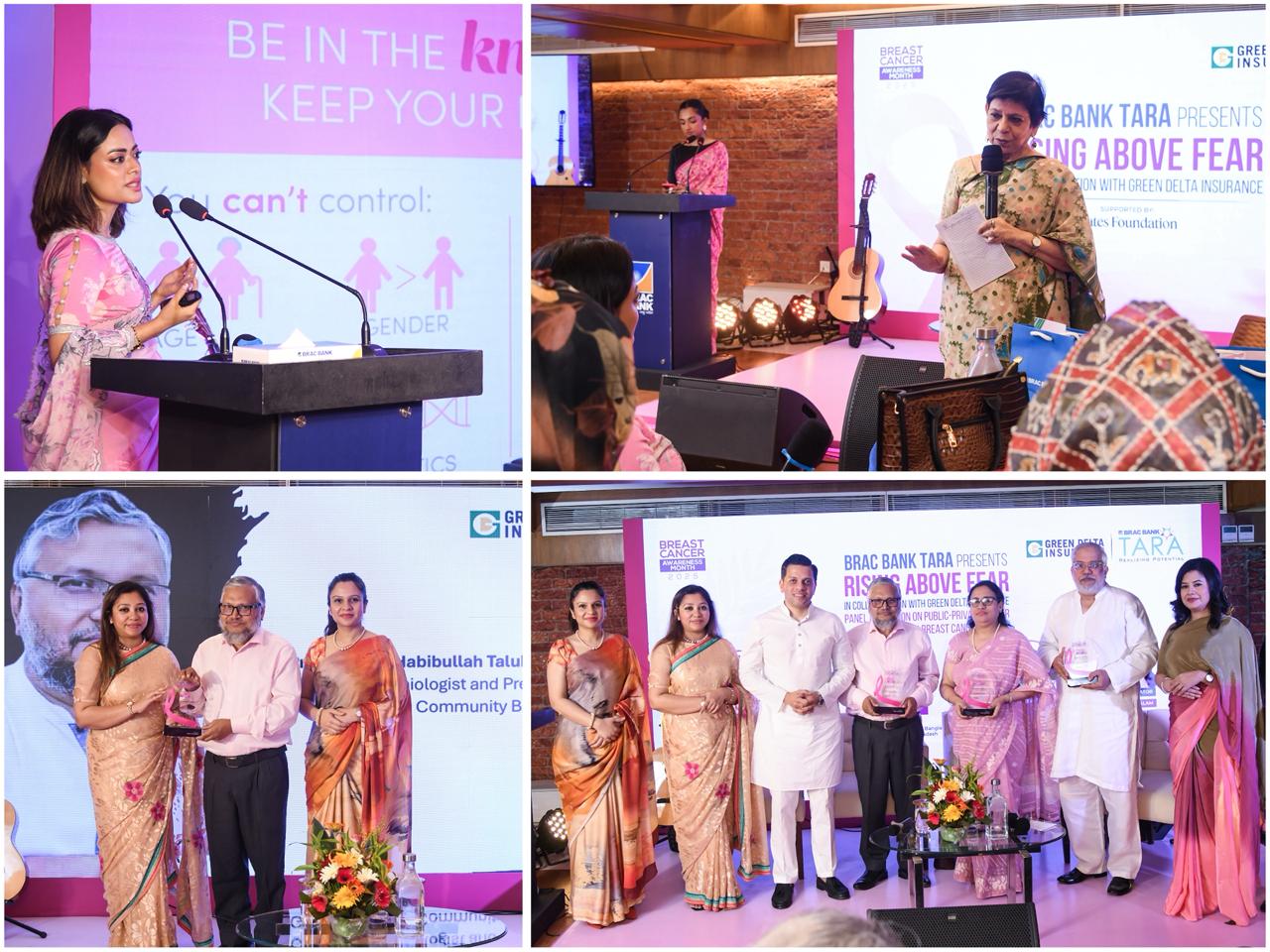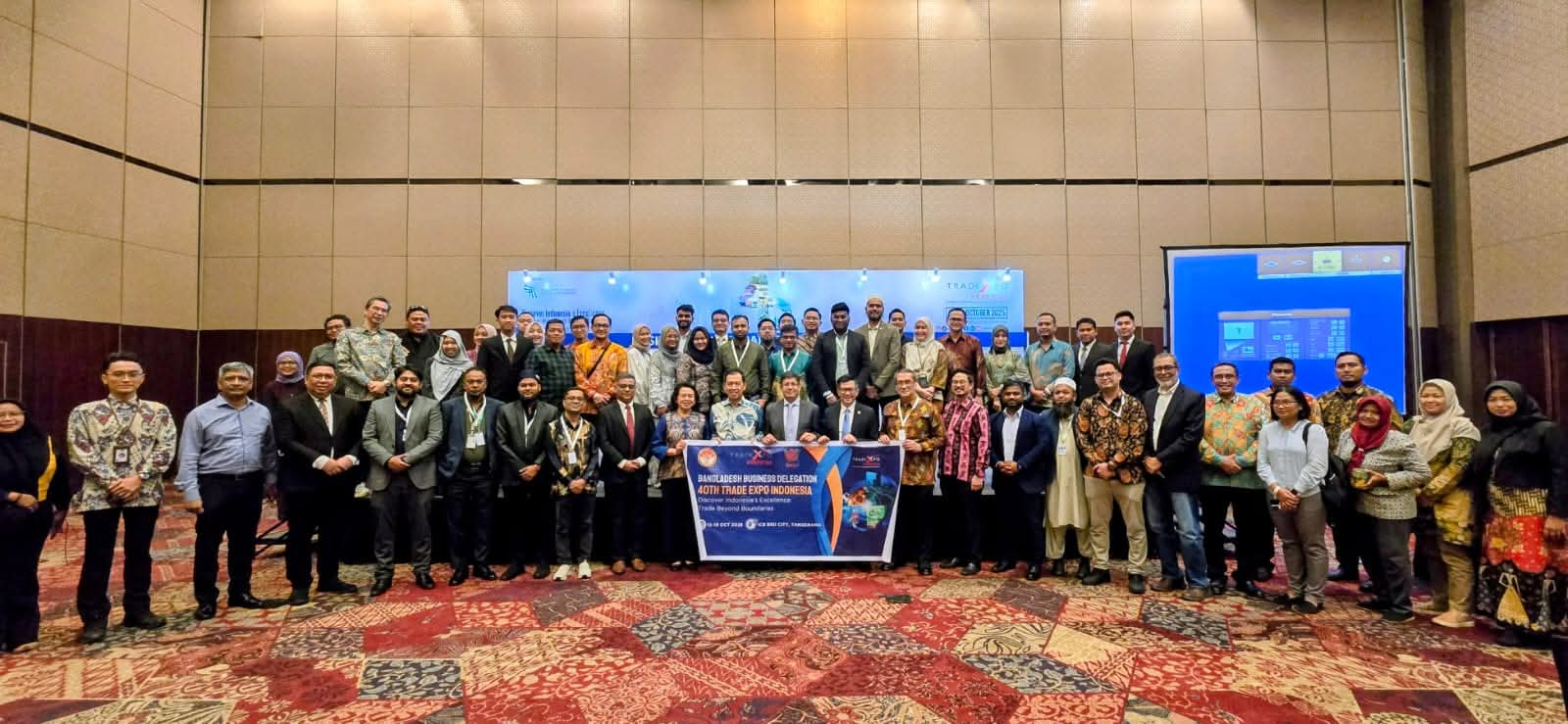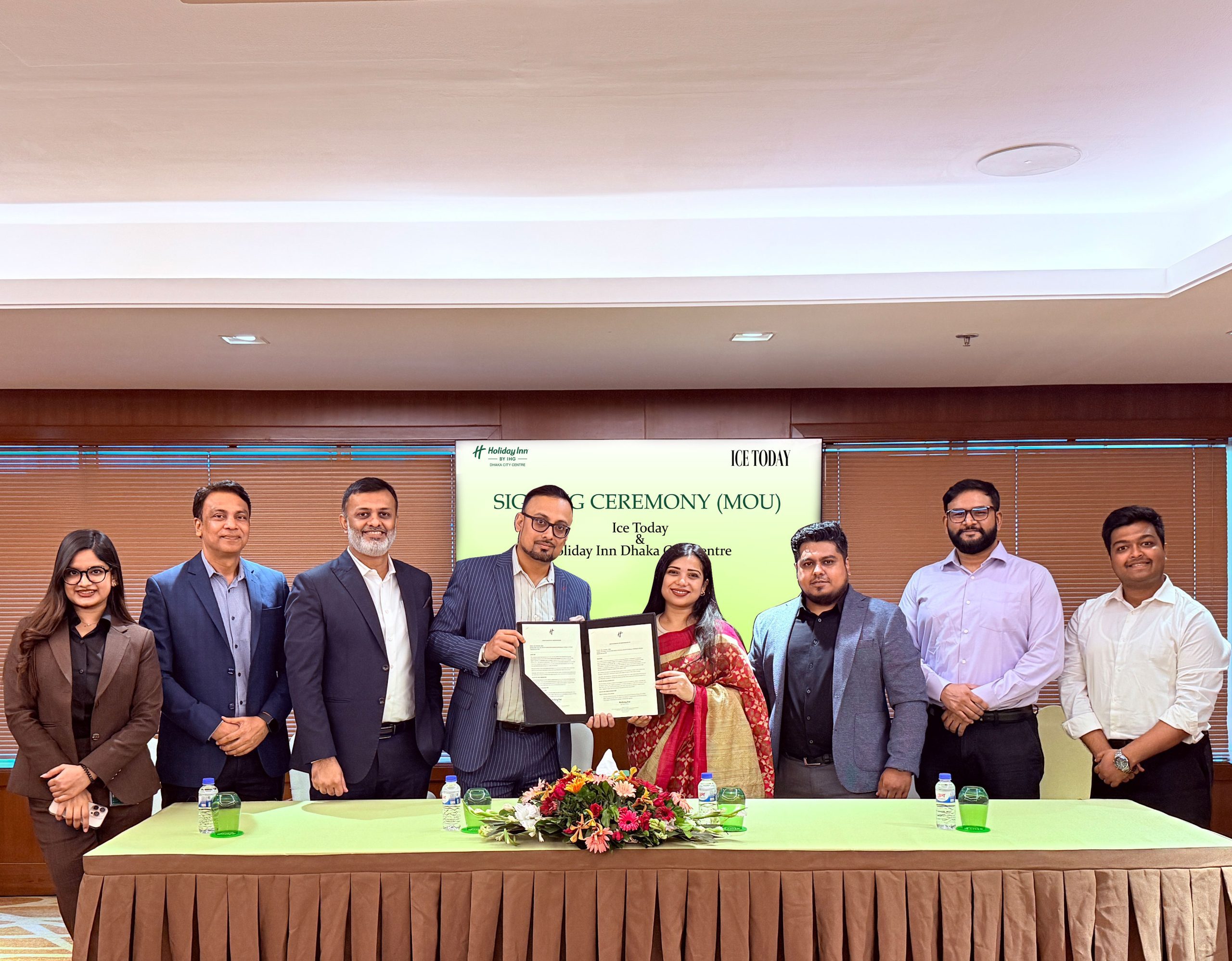Interview of Malik Talha Ismail Bari, Director, United Group
When did you join United Group? How have you involved yourself in the operations of the group?
United Group was started by our fathers, and later we joined as the second generation directors. It was founded in 1978 by six directors, initially. Naturally, for any company to grow its legacy and become a going concern, they have to have a second generation follow-up plan so that investors and other stakeholders are assured of its continuation and development. The second generation started getting involved around 2005, with our Group’s Managing Director, Moinuddin Hasan Rashid, joining at that time. I joined in 2008 and my colleague and fellow Director, Nasiruddin Akhter Rashid, joined in 2008 as well. As time passed, two other directors joined, and one more will be added to the ranks after he’s finished with his education.
United Group is involved in several sectors. This includes power generation, real estate, healthcare, education, and retail. I am mainly involved in two of these sectors, one of them being retail. I look after Unimart, which is my product in the Group and then I also oversee some of the marketing and coordination aspects of our real estate ventures.
What can you tell us about United Group’s activities since you joined in 2008?
United Group is the largest socio-economic infrastructure development company in Bangladesh, with involvement in the power generation, real estate, healthcare, education, port management. Currently, our two key areas are power generation and real estate.
Our strength in real estate comes from the fact that we own a lot of prime land banks in and around the capital as well as outside of Dhaka. Usually, companies tend to sell their land or lease it out. However, we try to make optimal use of our land assets and commercial buildings so that we get a consistent flow of revenue from them by using them in our own business activities. Many of our institutions are housed in properties that we have developed ourselves, including United Hospital, United International University and Unimart.
What sets Unimart apart from other retail outlets? How has Indulge helped enhance Unimart’s success?
When we were developing this building, Gulshan Centre Point, we already had the idea of having a space for a supermarket. Other parties were interested in setting up their business here, but none of them were thinking about the larger format of supermarkets. They were limiting themselves to general grocery items but for a supermarket, there has to be the involvement of a greater level of convenience. Unimart aims to bring all your supermarket needs under one convenient roof.
When setting up a retail outlet, people forget to take a few things into account. The traffic factor is one such example. Due to the traffic conditions in Dhaka, people don’t want to waste the little free time they get after work hours to travel to multiple stores to buy the few necessary items that they need. At this point, time is a valuable commodity. A lot of people would rather pay slightly more given that they can get their goods on time while being assured of good quality products. Over time people will shift from the traditional kitchen markets to the supermarkets due the level of convenience they get and time they can save.
By operating a large scale hyper store (in Bangladesh’s context), through Unimart, we try to address as many sectors of retail as possible. This enables people to buy not only groceries but also a bit of everything else from their daily necessities. People have access to cook wear, gift items and even an eatery (Indulge) under one roof.
Indulge started out small, but it has become a separate brand now. The idea was for people to take away food but later we realized people wanted to sit around and eat. Families who come to our store want to shop, eat and be able to spend time with their kids in one location. So with Indulge and a children’ playing area, Unimart works as an attractive location to serve those needs.
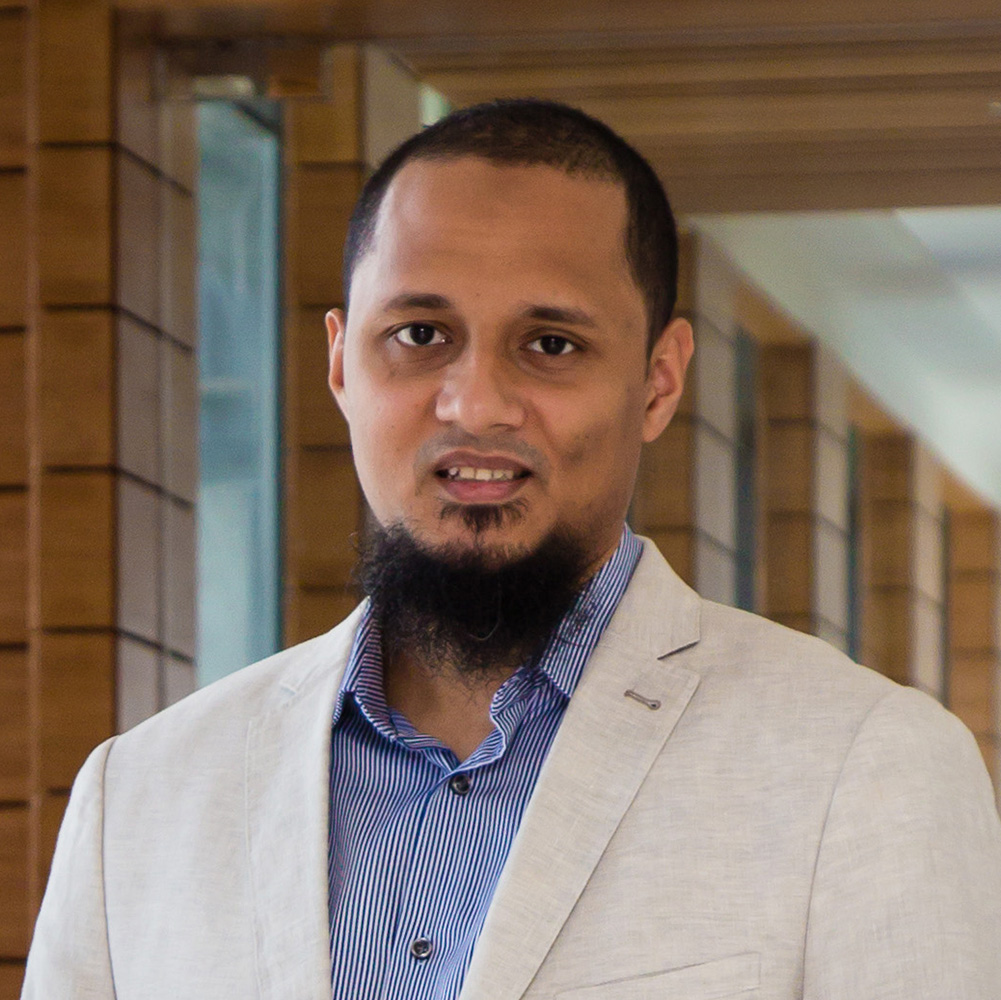
“Over time people will shift from the traditional kitchen markets to the supermarkets due the level of convenience they get and time they can save.”
How do you define success?
Success can have numerous definitions when it comes to a dynamic business organization. As such, success in the power sector would differ from success textile industry. If we look at the power sector, success for us would be if we can ensure that people are receiving quality power. In the textile sector, however, it is the employment being generated by that business that is a bigger success for us.
Through UIU or Unimart or United Hospital, our success lies in the fact that we’ve been able to employ so many people in these different areas and address some key social sectors and issues. Through these concerns, we’re also interacting with the end consumers directly, so the positive impact we can have on people’s lives through these avenues is also something we consider a success.
What are your thoughts on the business climate in Bangladesh?
In general, Bangladesh has one of the best investment climates in the world today as it is rich in terms of human capital, which is the single most valuable resource that one can have.
A lot of people tend to say that our growing population is becoming a burden for us but in reality, it is our single largest and best asset. In most developed nations the aging populations are growing and slowly they are becoming a burden for the middle-aged populations in those countries. Our nation has a dynamic, growing middle-income group comprised of middle-aged workers and these are the people who are spending in the economy and helping our industries grow.
There are numerous business avenues which can be ventured into in Bangladesh. In neighboring countries like India, salary levels are extremely high for even factory level workers. Also, more people, especially in countries like China, are moving from the factory levels to the service sectors. Since everyone is moving towards the tertiary sector, this leaves a gap in the manufacturing sector, so there’s an enormous scope for Bangladeshi manufacturing companies. Over the last few years, the Government has been trying to make Digital Bangladesh a reality, and it has come a long way in making it happen. The IT sector will become a focal point here in the coming years, so businesses need to be prepared for that as well.
A lot of people are unaware of these facts, but one of the largest shoe manufacturing and largest hat manufacturing units in the world are in Bangladesh. One of the largest towel manufacturing units in the world is also located here. People need to stop looking to make a quick buck and instead, start looking at generating long-term success using the promising resources they have at their disposal.
What is the vision regarding the expansion of United’s business?
Since we’ve been consolidating our business, our plan is to grow the existing units we have. United City is one of our most critical areas in contention right now. In terms of a planned township, it is one of the largest in the country. The area, which is being developed by United Group, will include a condominium complex covering 60 acres of land, making it the largest of its kind in Bangladesh. It will also include a high-end business zone and the new campus for our university, UIU. There will also be the scope for using our retail outlet model in this area so basically, we’re developing the area as a whole so that a sizeable community can grow there.
Our power sector has also been growing, and we are proud to be able to say that we have been the first in many areas in this industry. This includes having the first independent power plant, the first and only commercially independent power plant, the first public-private partnership power plant, the first private distribution company. We’re also the first multi-utility service provider since we’re producing power and generating steam, which we’re also selling.
We’re also involved in developing the hotel project bedside Shahjalal International Airport where there will be two hotels and a retail space.









